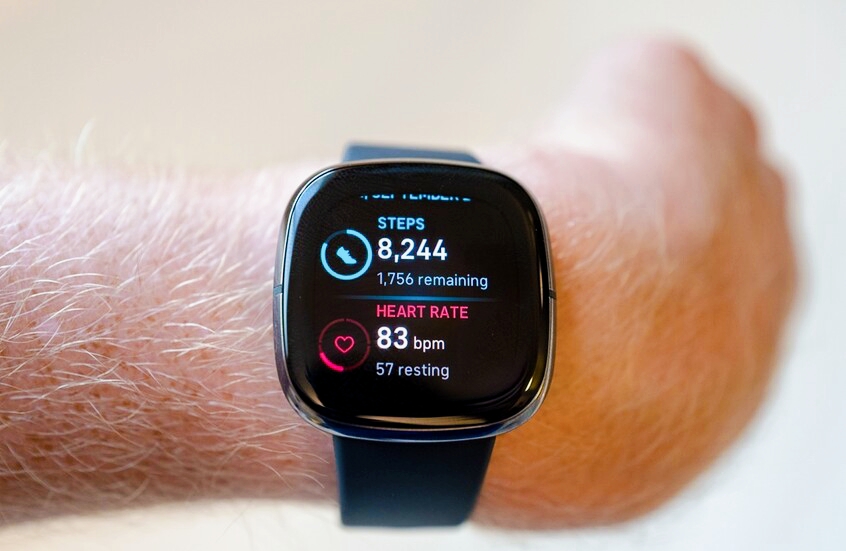Chinese Employee Reinstated After Job Loss Linked to Step Counting App

In an unusual case, a Chinese man lost his job after an incident involving a step counting app on his phone, but was later reinstated by a court along with a substantial financial compensation.
According to the South China Morning Post, the employee, identified as Chen, worked for a company in Jiangsu province, eastern China. He initially requested sick leave due to a back injury sustained at work, providing medical reports and X-rays to validate his condition.
After approximately a month of rest, he returned to work for just half a day before requesting additional sick leave for pain in his right leg, submitting another medical report recommending a week of rest, which he later extended by a few more days.
However, the company later discovered through the step counting app on his phone that Chen had walked over 16,000 steps on the same day he requested leave for leg pain. The company used this data to justify his termination, accusing him of "unauthorized absence" and providing "misleading medical information."
Chen contested his dismissal by filing a complaint with the labor court, which reviewed the case in detail and ruled in his favor, deeming the company's decision illegal.
The court ordered the company to pay him 118,000 Chinese yuan, approximately $16,700.
The company attempted to support its position by presenting surveillance footage showing Chen running toward the office on the day he requested leave, but the court dismissed this evidence, stating that Chen had provided credible medical reports and X-rays confirming his injury.
This case has sparked a widespread debate on social media in China, with opinions divided between those who believe the company had justifiable doubts and those who argue that its actions constituted a clear violation of the employee's privacy. Many have highlighted that monitoring data from personal apps, such as step counting applications, infringes on individual rights and poses significant risks to digital privacy in the workplace.
While the case concluded with a fair ruling in favor of the employee, it has opened discussions about the boundaries of using data from smart devices and the legality of such data as evidence in employment disputes.
